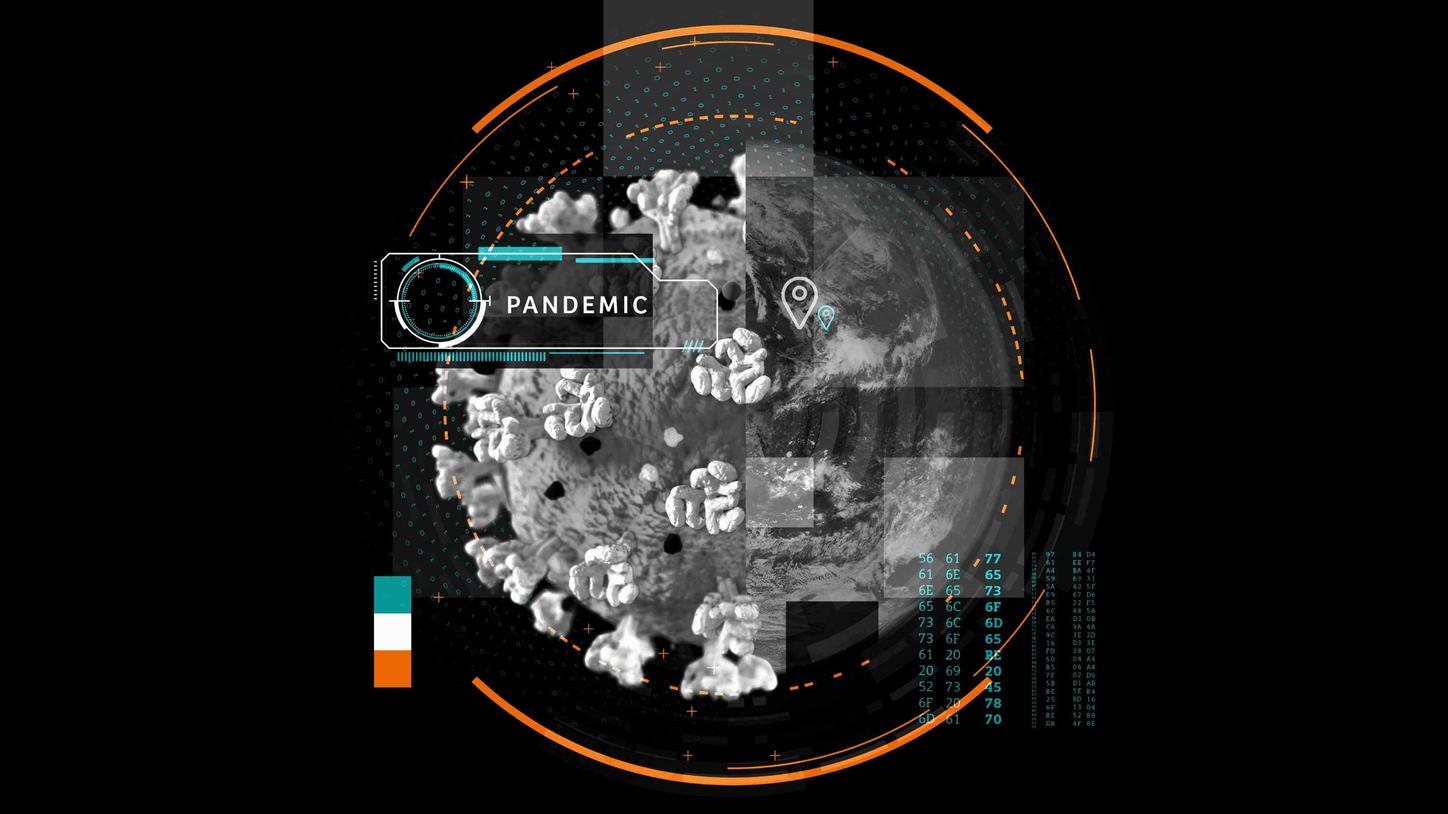With tens of millions of COVID-19 cases worldwide and more than a million dead from the disease, global healthcare has assumed unprecedented importance today. What lessons have already been learned, and what needs to be done moving forward?
The COVID-19 pandemic is one of the greatest challenges facing modern medicine. Scientists and physicians around the world are therefore working in close cooperation to find treatments and medications that not only help those infected with the disease, but also protect healthy people from developing it.
As a result, the search for a vaccine – a task that usually takes several years of research and testing – is in full swing: 46 vaccines are currently being tested on humans and 91 other vaccines are being tested in the laboratory at the pre-clinical stage.[1] The aim, of course, is to enable comprehensive immunization of the population over the coming months.
However, COVID-19 is not
only a challenge for the healthcare system: New uniform travel restrictions in
the European Union, shrinking economic growth forecasts that hit Asia harder
than the 2008 global financial crisis, and the comparatively mild infection
courses in Africa that are puzzling researchers all require a worldwide pooling
of the most diverse resources from science, business, and society.
A virus driving digitalization
Despite its many challenges, the current situation also offers new opportunities. For instance, the pressure of the virus is leading institutions in many countries to further develop existing technologies in their daily clinical routine, or to give them even greater relevance. They include virtual training programs for technical personnel, and software that enables remote access to systems during imaging procedures.
"The current crisis has demonstrated that international cooperation is more important than ever. We need a common understanding and global approaches to dealing with COVID-19 and subsequent pandemics. I am delighted to be taking part in this year's digital World Health Summit to discuss one of today’s most urgent topics: pandemic preparedness."
Global healthcare and especially the provision of care in structurally poorer regions is becoming ever more important as a result of the pandemic. An event of worldwide relevance such as the annual World Health Summit – which takes place under the umbrella of leading international stakeholders from research, politics, and business, and will lay the foundation for tomorrow's healthcare through an open exchange of ideas – therefore could not be more important at the present time.
Lessons learned from COVID-19
How can nations around the world be better prepared for the “new normal” and the next pandemic? While there isn't one single solution to prepare for new COVID-19 waves and other pandemics, critical elements have been learned from managing the current crisis.
"Improving efficiency and effectiveness is most important in a critical situation like the COVID-19 pandemic when we all experienced shortages in our medical resources. Improving healthcare can become more agile, accessible and cost efficient by new concepts of delivery, using data efficiently and adopting processes used in other areas as well as close cooperation of all stakeholders: patients, healthcare providers, politics and industry. However necessary boundaries to ensure quality and protect individual rights have to be explored and observed.”
Health systems can therefore be better prepared to take effective and coordinated steps to combating and containing the spread of a novel infectious disease. Testing, tracing, monitoring, public health infrastructure, global collaboration, and trustful communication are all key to successfully navigating pandemics.
The global need for equal access to care
Access to care is still not equal around the world. According to the World Health Organization, half of the world’s population do not have access to the healthcare they need.[2] The pandemic has also highlighted the weaknesses in even the best health systems and has made it clear that well-established global healthcare is essential. Especially in developing countries, efforts must begin by addressing the core challenges: providing access to quality healthcare, educating skilled personnel, and making healthcare affordable.
"The COVID-19 pandemic is a vivid example of how important access to care is for people all over the world. The requirements for virtual delivery of healthcare are increasing and we are expanding our digital portfolio also to bring accessible and affordable innovations to emerging and underserved countries."
Innovative solutions like remote scanning services or affordable and sustainable diagnostic equipment are key to improving access to care even in rural areas. In addition, the urgency of the pandemic could also lead to accelerated progress in some areas.
Digital health, AI, and data security
Telemedical approaches, which use the latest information and communication technology to bridge distances between physician and patient, are gaining in importance, especially as a result of social distancing measures. However, this is just one branch of digitalization that is experiencing rapid growth and undergoing astonishing developments in the face of current requirements.
"In the current crisis, we are witnessing the enormous advantages of digital solutions in tackling COVID-19. The pandemic provides a real push for digitalization. However, the rapid rise of digitalization also prompts debates about data protection, privacy, and ownership. This requires us to establish a common understanding of health data governance."
The field of artificial intelligence is also being expanded and is finding new areas of application. This is because, as well as enhancing human capabilities by rationalizing and reducing the providers' workload, it also learns from experience and applies newly developed concepts – for instance, to support the evaluation of large amounts of data. Yet although using data for developing intelligent evaluation systems or simply for documentation opens the door to further technological innovations, it also requires a very high degree of responsibility to ensure the security and confidentiality of the data from the very beginning.
















